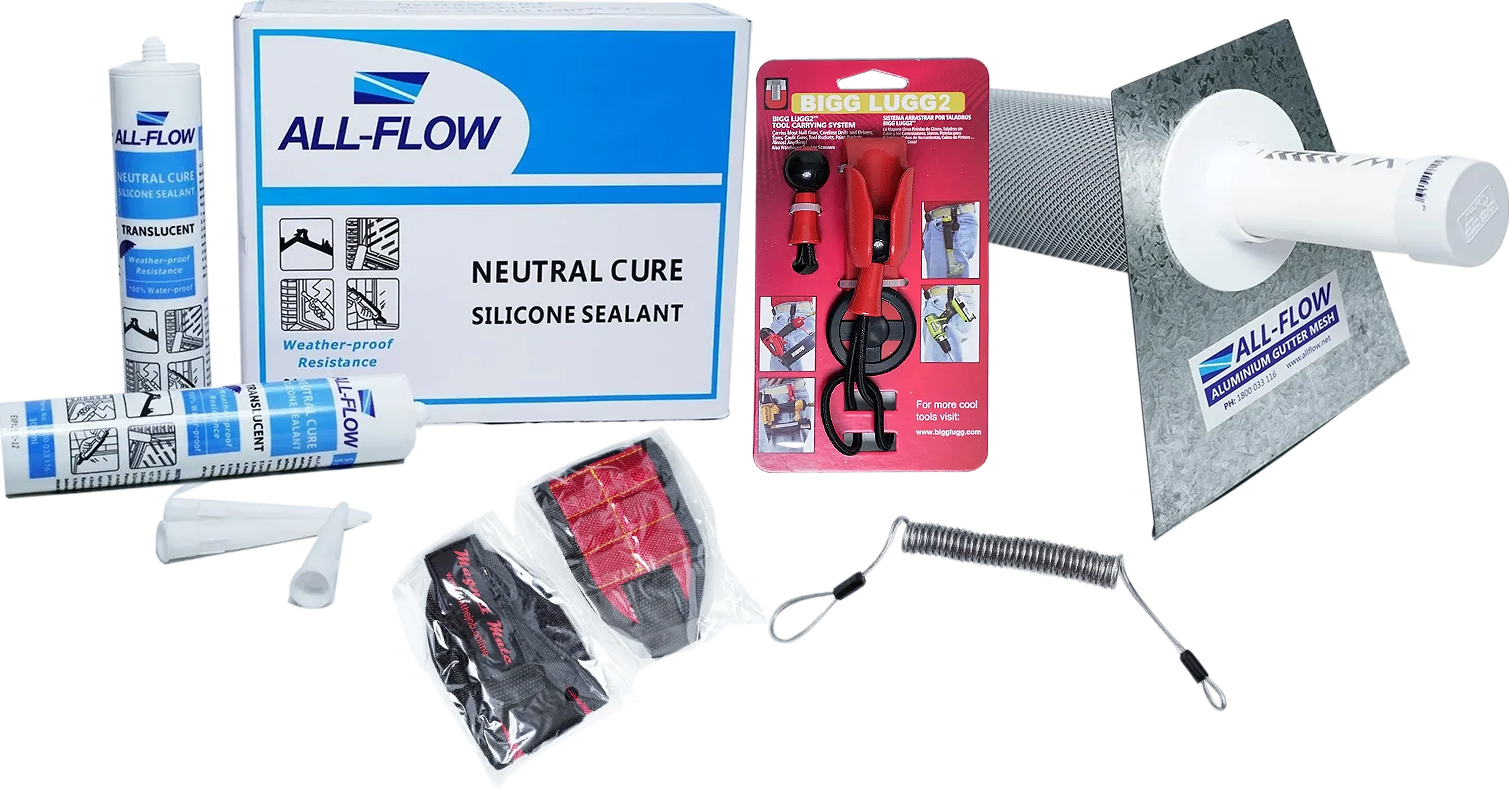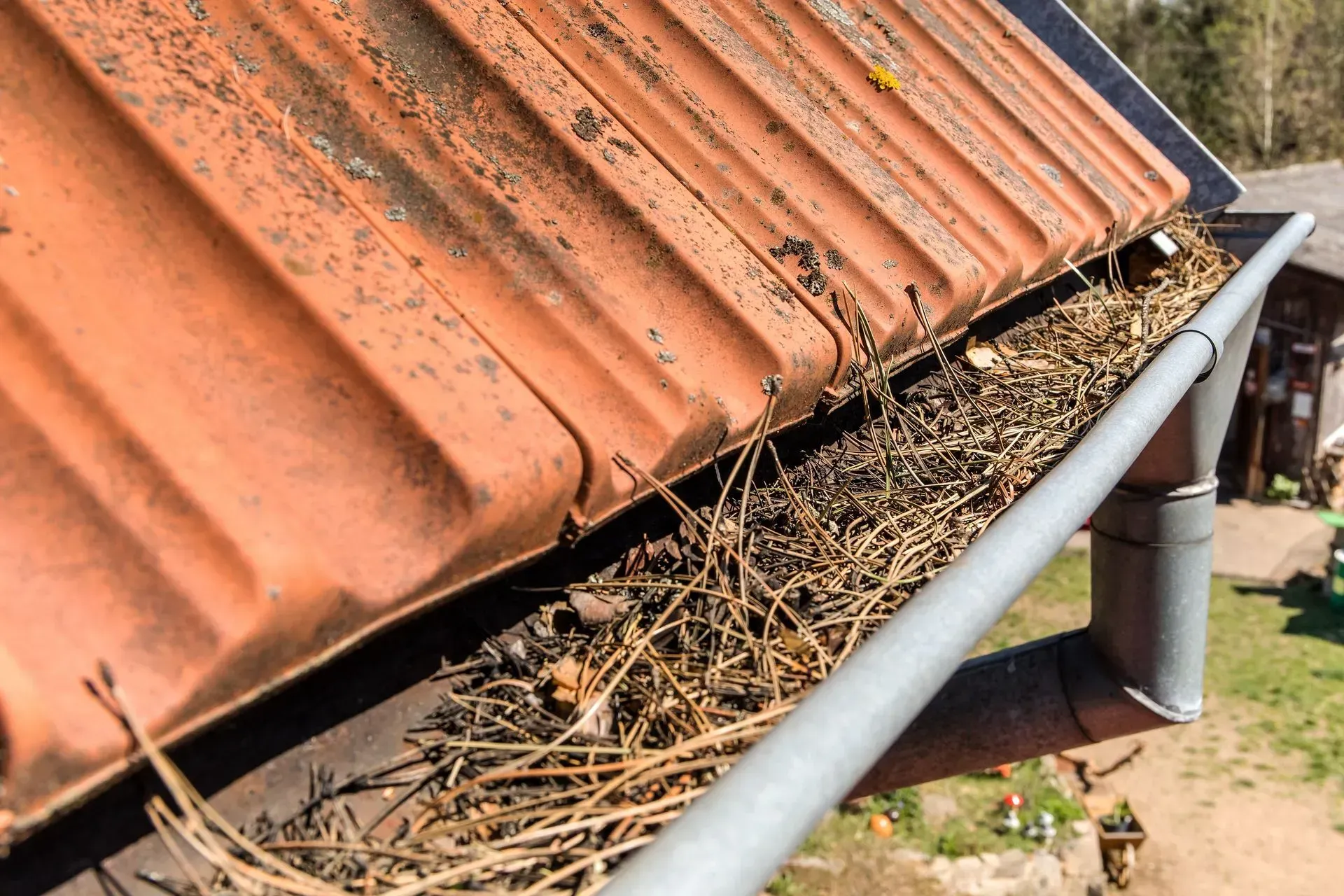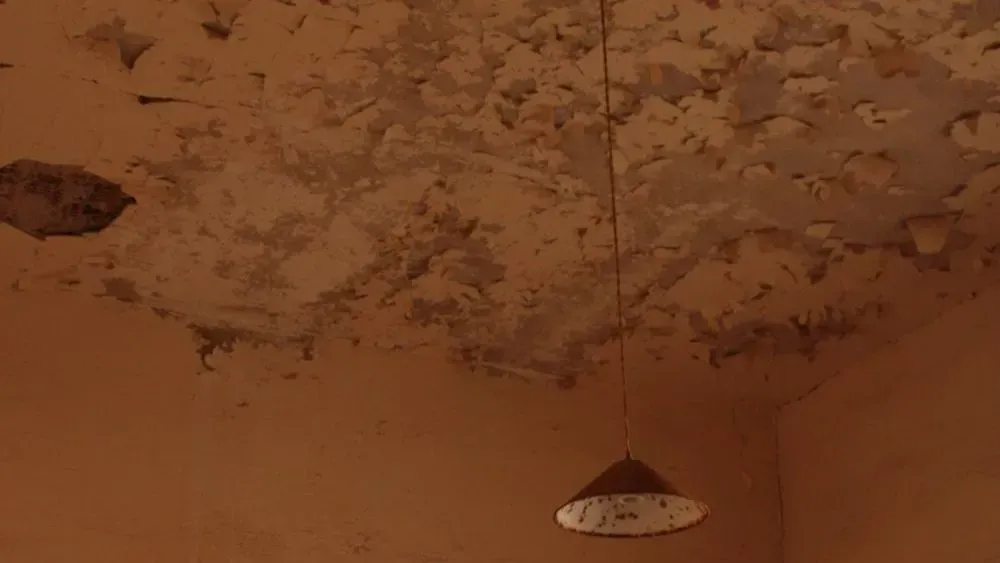Need Help?


Free Shipping Across Australia on Gutter Guard Kits and Mesh
Gutters are obviously one of the most exposed parts of your home's exterior. Though they might be a beautiful ornamental addition, their main function is to prevent water from damaging your home. However, once they become clogged, they can quickly cause serious damages to your property and incur huge repair costs in the long run. From rotting walls and water damage to mould and mildew, repairing your gutters can be more expensive than you think.
Keeping your gutters and downspouts clear of debris and blockage is crucial to facilitate an effortless water flow. In light of this, we will be exploring the most prevalent issues that can arise due to blocked gutters, and provide insights on how to clear and maintain your gutter system to prevent clogging.
Regular gutter cleaning is one of the most important maintenance tasks to ensure your gutters are free from clogs and debris. However, if you already have a blocked gutter, it’s important to take action and unclog it as soon as possible.
First things first, prepare all gutter cleaning tools that you will need. Make your way through the gutters and scoop out debris as much as you can. Next, inspect the downspouts and ensure that they're free from blockages. Using a garden hose, flush out any remaining debris and conduct a comprehensive check for potential leaks. However, if the obstruction seems too complex to manage, call in a professional to help fix the issue.
A clogged gutter can often cause water to overflow, which can lead water to leak into walls and ceilings, leaving your house exposed to mould growth and even structural damage. Additionally, the overflow of water from blocked gutters can cause damage to your landscape and erode soil, further weakening the foundation of your property.
Often, when you have clogged gutters, you might encounter one of the following in your home:
An overflowing gutter is one obvious sign that your gutter is clogged. Whether it is caused by debris, heavy downpour of rain, or wrong installation, a clogged gutter can cause significant damage to your home's foundation. Since the rainwater will begin to pond in the roof's channel, there is no other way for the water to freely flow but on the gutter's edges.
While gutters are designed to withstand various weather conditions, appearance of cracks may indicate that there is a problem in your gutters. And if not fixed immediately, it may worsen over time. Oftentimes, if the gutter becomes cracked and broken due to inclement weather or age, water can seep through your house and even create costly damage.
As water accumulates and spills down on the side of your home, development of mould becomes visible. Mould spores can collect on the surface of your home's exterior and eventually work their way into the wood siding. Even if the rain water dries up, your gutter may still have visible stains and rust. If you notice that these often appear during heavy rains, you may need to install a weather-resistant gutter guard to protect your gutters from possible water damage. Gutter guards not only prevent debris from clogging your gutters but they also protect the home from mould growth.
Many homeowners think that just because there is no water coming out of the gutter, then it is not clogged. In fact, gutter systems are designed to hold large amounts of water that they won't easily flow unless the water is pushed by heavy rains. If you think you have clogged gutters, observe your downpipes when it rains. If there is not enough water coming out then there may be debris clogging your downspout or gutter.

If you live in a home with trees nearby, you may already be aware of the various factors that contribute to clogged gutters. Here are some of the common causes:
Leaves may seem negligible but once they get trapped in your gutter system, they can actually damage your roof. When it rains, wet leaves will restrict water from flowing through your gutter. This will soon lead to water seeping through cracks and crevices of your roof, potentially causing water damage to your interior walls, ceiling, and other parts of the home.
Mosses don't have roots or seeds to reproduce, which is why they mainly spread their spores in surface areas where there is moisture and wind. While mosses can be found growing in gutters naturally, it can cause clogged gutters and downspouts when piled up.
Birds often build their nests in gutters because they offer readily available protection from the environment. With the mere existence of the nest, it basically prevents water from flowing properly, forcing water to accumulate in the gutter until it overflows.
Bird's nests are not the only thing that could cause clogging but bird droppings can also cause serious damage in your roof. Since these waste consist of highly acidic content, they can eventually corrode your roof paint, and later on deteriorate the roof itself.
During winter season and rainy seasons, water tends to expand and take up more space when it freezes. As a result, your gutters may bend and split due to the strain. If rain water or snow starts to collect in your gutter system, a back-up of standing water can occur, bringing weight, sagging and damage to the roof's entire foundation. Apart from that, the stagnant water can serve as a breeding ground for pests, mosquitoes and other insects to live in.
Just as blocked gutters can damage your house exterior, it can cause roof leaks inside your home as well. When there is heavy rain, gutters collect rainwater from the roof and transport it away from your property. However, when your gutters get clogged by dirt and debris, water becomes stuck, and eventually cause excess water to pool onto your roof.
As the standing water builds up, it weighs down your roof. The leak may start first on your attic then spread gradually in your ceiling. At this point, stains and cracks may become visibly clear.
Ceiling leaks do not only cause inconvenience but they can also cause long term damage not only to your property but on your health as well. Water that accumulates on your roof can damage the structural integrity of your home and, in worst cases, cause it to rot, leaving you with moulds or holes in the ceiling.

These are some of the most common problems that blocked gutter could cause:
Foundational damage is the first and most urgent issues that blocked gutters bring about. Basically, rainwater should be directed away from your home's foundation through the gutters. However, when water starts to accumulate around the foundation, it will then degrade, crack, and settle, causing further damage to your property.
Gutters are usually fastened to the fascia above your walls, and below your roof. So if water builds up and overflows onto these exposed wooden sections, it may damage your wall and ceiling in no time. These wet, gloomy areas can then support the growth of rot, mould, and mildew, which can be quite costly to get rid of.
Wood fascia boards protect the lower part of your roof from water damage caused by rain. When your gutters get clogged, these boards may be exposed to moisture which can cause it to rot away and go off over time.
When it comes to your landscape, blocked gutters can cause water to overflow during heavy rains. Hence, your lawn will have puddles, and you will need to replant any grass that is too damaged to continue growing.
Finding out the reason for a roof leak can be a challenging process. However, most households find it out by looking for signs such as the following:
To identify where the leak is coming from, look for the spot where the stain is visible. This way, you can inspect the interior of the wall for signs of water, and trace it back to its source. If drywall appears to be thoroughly wet, it may be necessary to remove it, along with the insulation located behind it.
Since the source of the leak is coming from the roof, you might want to directly inspect your roof's cavity to find the water damage. Typically, broken shingles, structural damage, ripped flashing, or poor installation of roof are to be blame for the leak so be sure to look over these areas.
If after inspection, you still failed to identify the cause, you can try soaking your roof to recreate rainfall using a garden hose nozzle. Start by watering from one side then slowly go to the other areas. While soaking your roof with water, be sure to listen to drips and look for moisture within the area.
If you still haven't found the source of the leak, further inspection may be required. Gently remove the shingles from the impacted area and thoroughly examine the sheathing beneath. Since plywood is prone to absorbing moisture, it shouldn't be too hard to locate the leak source.
The roof is an important part of the home that acts as the primary barrier of protection against outside elements. Your gutters, therefore, form an integral component of this defence, working alongside the roof to manage your water system and safeguard your home.
If you are experiencing constant overflows and clogging in your gutters, now is the perfect time to install a gutter guard in your home. All-Flow offers high quality guard products that are easy to install and guaranteed to last for years. From metal roof gutter guards to tile roof gutter guards, we have a solution for every roof type.
For installations, you won't have to worry because we can connect you with a trusted gutter guard installer within your area. If you want to know which gutter guard is right for you, don't hesitate to browse our website or call us on 1800 033 116. We'll be happy to assist you with your enquiries.

Fire-rated, lightweight and durable aluminium gutter guard systems for all roof types. Made in Australia, for Australian conditions.
All-Flow’s dedicated, friendly team are always available to assist with your enquiries, so please don’t hesitate to get in touch.

Address: 5/148 Industrial Road, Oak Flats, NSW 2529
Free Call: 1800 033 116
Telephone: 02 4228 4266
CSIRO TESTED
Fire Rated: AS 1530-2-1993
Have A Question? Speak To Our Friendly Team.
Freecall 1800 033 116
Or Email Us Here